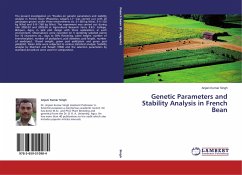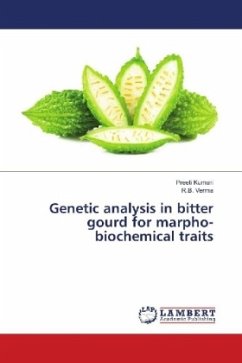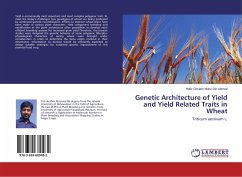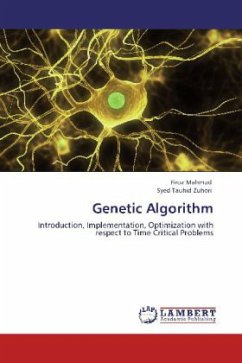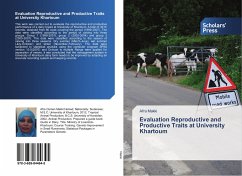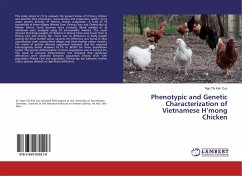
Genetic Immunization & Cytokine Immunomodulation
Immune Response in Mice Genetically Immunized with Echinococcus granulosus AgB2 in Combination with Cytokine Genes
Versandkostenfrei!
Versandfertig in 6-10 Tagen
39,99 €
inkl. MwSt.

PAYBACK Punkte
20 °P sammeln!
In chronic parasitic infections, the interplay between the host and the parasite suggests immuno-suppressive mechanisms developed by the parasite. Echinococcus granulosus, a tiny tapeworm that among other helminthes, favors the induction of T helper type 2 responses which are less severe and less destructive than T helper type 1 responses. This study aimed at exploring the immune response generated in BALB/c mice using genetic immunization technology. Immuno-modulation by the co-delivery of different cytokine genes (IFN- , IL-12, IL-4) was also investigated. Immunization by antigen B or its se...
In chronic parasitic infections, the interplay between the host and the parasite suggests immuno-suppressive mechanisms developed by the parasite. Echinococcus granulosus, a tiny tapeworm that among other helminthes, favors the induction of T helper type 2 responses which are less severe and less destructive than T helper type 1 responses. This study aimed at exploring the immune response generated in BALB/c mice using genetic immunization technology. Immuno-modulation by the co-delivery of different cytokine genes (IFN- , IL-12, IL-4) was also investigated. Immunization by antigen B or its second subunit (EgAgB8/2) revealed dominated T helper type 2 cytokine response, IgG3 humoral response, low splenocyte cell proliferation, and low CD8+ cell count. However, restored CD8+ cell count, high splenocyte cell proliferation, and high expression of IFN- cytokine in IFN- gene co-immunized mice indicates the efficiency of cytokine gene immuno-modulation in skewing the response toward T helper type 1.



